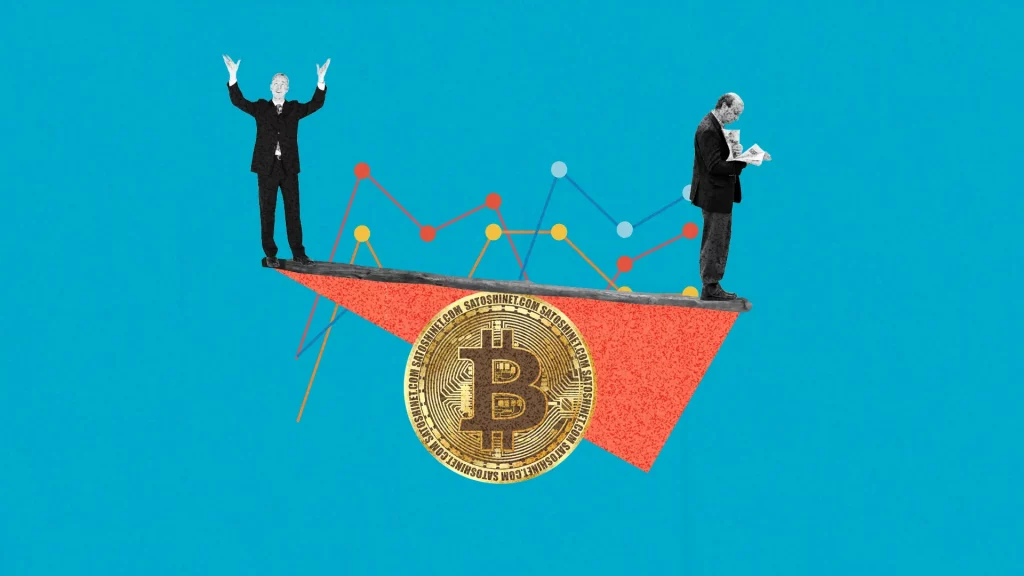The recent Covid 19 pandemic has significantly impacted business e-Skills education. Metaverse is a next-generation internet that provides a unified, persistent, and fully immersive 3D environment for users to interact and learn together in real-time using VR/AR technologies that have the potential to become a revolutionary tool since it allows people to create, publish and customize their 3D environments. As the world is in the aftermath of the pandemic, many industries are looking for ways to help people cope with their experiences. This is where Metaverse plays an important role, as it allows users to create customized 3D spaces where they can gather information, receive education, and share their stories safely. One technology, such as the Metaverse, has the potential to have a large economic impact. Virtual reality and augmented reality, part of the Metaverse, are expected to affect 23 million jobs by 2030, with a potential worldwide economic benefit of $1.92 trillion (Kern, 2022). Immersive virtual reality experiences in the Metaverse will replace traditional classrooms, ushering in a new era of instructional technology.
Businesses can use the Metaverse to accelerate the hiring and training of new staff by putting virtual and augmented reality (AR) headsets in the hands of their employees. This provides workers with new opportunities and does e-Skills training in areas such as risk management, leadership development, and cultural diversity more appealing to all parties involved. The e-learning industry’s Metaverse-driven growth is predicted to surge from $185.26 billion in 2020 to $388.23 billion in 2026. Metaverse is the industry standard in digital learning, delivering great in-house education and development programs using cutting-edge tools and forward-thinking management practices (Kern, 2022). Metaverse will be a powerful competitor to the actual e-training models thanks to its unique value proposition, which is driven by the strategy and primary emphasis on addressing our clients’ demands.
Metaverse can increase employee communication in an effort to boost morale and output in the workplace. This goal may be accomplished in three ways: first, by enhancing the company’s overall skill set; second, by facilitating improved communication across employees, departments, and across geographies; and third, by establishing an interesting and gratifying workplace for everyone on the team. Furthermore, by integrating technology into a mixed-reality environment, the Metaverse will enable organizations to give virtualized training modules to employees in the most realistic setting imaginable (Kern, 2022). Because it makes e-learning more engaging and exciting, this is an innovative approach to developing organizational culture and enhancing output.
Compared to traditional employee training and development methods, Metaverse is definitely the better option. Because of the increasing complexity of today’s workforces and their desire for immersive experiences in gaming, art, and other forms of entertainment will ultimately lead to increased productivity and creativity (Shin1 et al., 2022). The impact on training costs is significant because it can reduce the need for face-to-face, on-site training in the field and/or classroom setting (which can be costly). The impact on employee productivity is also significant because employees have much more time to spend on productive activities, such as customer service calls, reports, and presentations (MIKAYLA, 2022). With Metaverse, you can save thousands in staff training costs, maximize productivity and efficiency, provide consistent training and development across your entire workforce, track the progress of every employee, eliminate expensive mistakes on the job, continue learning at any time, anywhere, and even assess a company’s competitiveness with others online.
The Metaverse has a massive impact on the availability of continual training possibilities. The Metaverse is enhancing business e-skills education in three ways. The first is the capacity to integrate augmented reality (AR) into existing educational settings such as lectures, simulated environments, and simulations. Metaverse VR content and 360-degree video capabilities have been added to Facebook’s Oculus Venues, allowing students to engage in collaborative learning through social media (Kern, 2022). The second is to leverage AR, VR, or MSR to recreate real-world settings while giving a fully immersive and collaborative experience. The third is to increase class involvement through group projects and discussions because of the Metaverse’s computer avatars’ revolutionary potential to accurately mimic human behaviors and expressions in real-time. Finally, Metaverse is improving corporate e-skills training by making classrooms more realistic.
References
Kern, M. (2022). 3 Ways Metaverse Will Boost Corporate e-Skills Training: Metaverse mixed-reality learning modalities will be a game changer for businesses. Excellence in Employee Learning and Development, 9(3), 14–16.
MIKAYLA, E. (2022). How Interconnected, Simulated Worlds Could Transform Military Training, 10(1) 7–10
Shin1 et al., (2022).The Metaverse and Video Games: Merging Media to Improve Soft Skills Training


